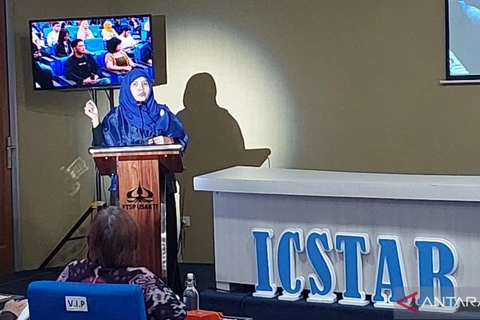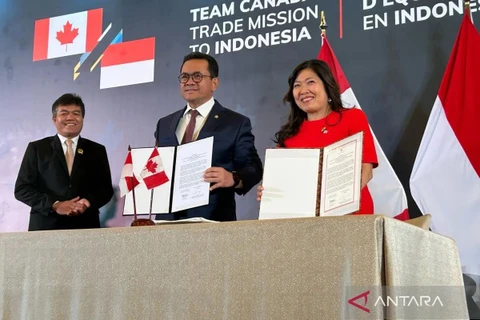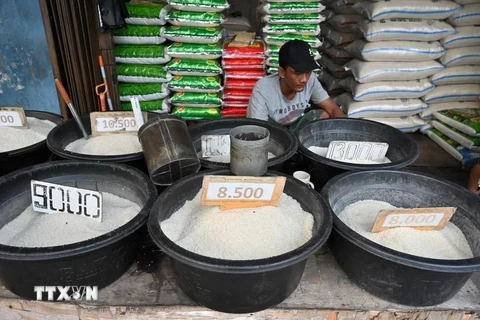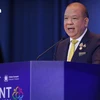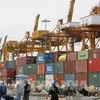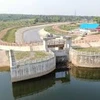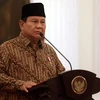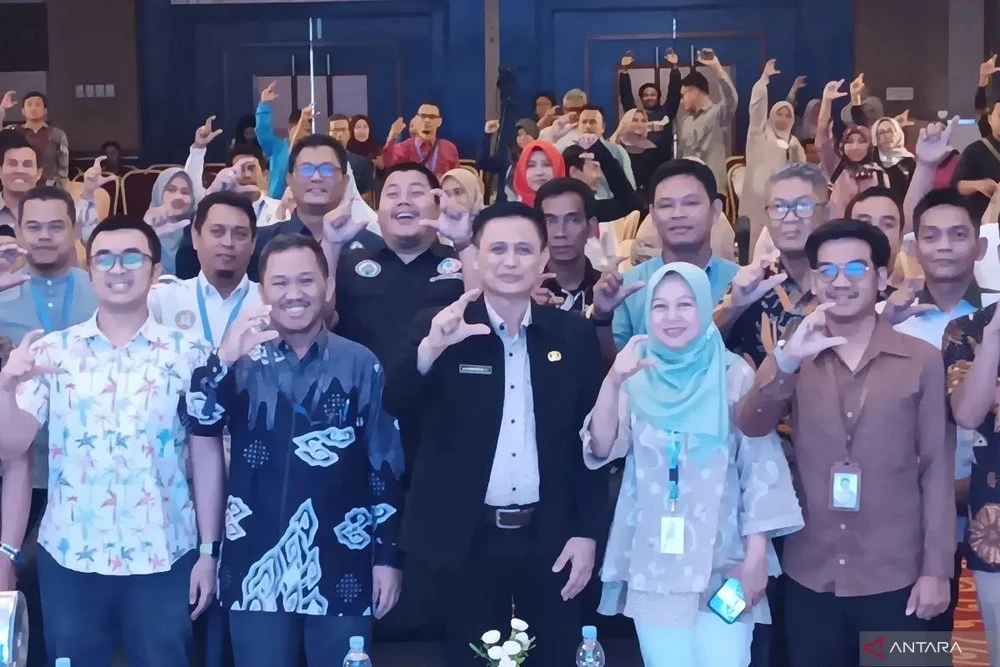
Jakarta (VNA) – Indonesia’s Ministry of Villages and Development of Disadvantaged Regions (PDT) has targeted to transform all 75,265 Indonesian villages into digitally empowered communities by 2025.
The ministry's head of the Village, Disadvantaged Regions, and Transmigration Development and Information Agency (BPI) Ivanovich Agusta said that this is an ambitious technology initiative but built on solid foundations.
He stressed that the ministry is targeting the transformation of all villages into digital villages by relying on their village budget.
This target aligns with a law on the 2025 State budget, which stipulates that the use of village funds, among others, is prioritised for the use of information technology in accelerating the existence of digital villages.
However, he admitted that efforts to realise digitalisation in villages have not been carried out optimally.
Agusta pointed out that in the last three years, only around 14,000 villages have used their village funds for digitalisation programmes.
He said Indonesia will empower villages to harness their financial resources for implementing information technology solutions, propelling the transformation towards digital villages, or currently known as smart villages.
In the 2020-2024 period, 3,000 villages were recorded to develop as smart villages. He expressed his hope that those villages will be able to contribute to accelerating digitalisation in Indonesia./.
